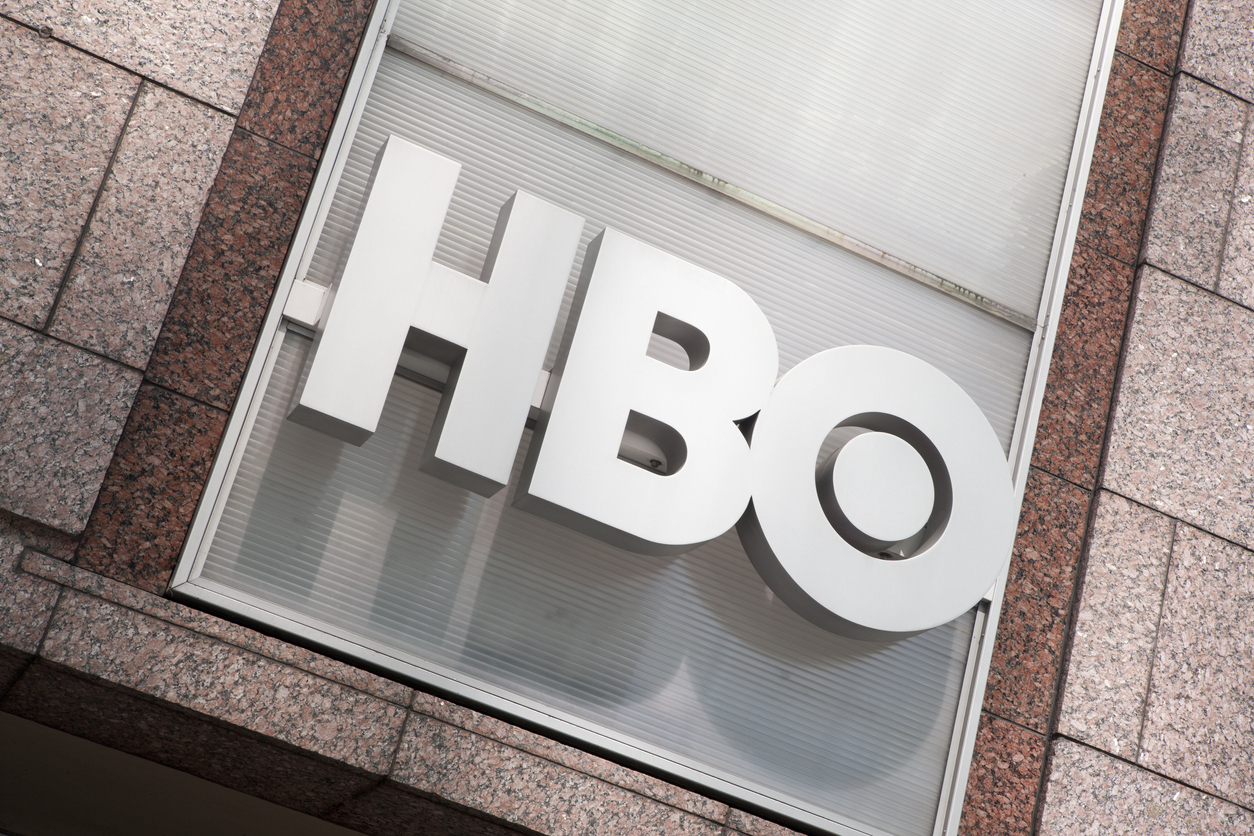The Daily Scoop: HBO CEO apologizes for setting trolls on critics
Plus: Netanyahu faces criticism for dodging accountability for terrorist attacks; NFL sees success in long-term German strategy.

We all got a little eccentric during COVID lockdowns. Some took up baking. Some took up crochet. And HBO chief Casey Bloys allegedly went directly staff to anonymously troll critics who didn’t like the network’s programming.
Bloys’ actions came to light as the result of a lawsuit filed by a former executive assistant who alleges discrimination, harassment and retaliation, CNN reported. And while HBO denies those allegations, Bloys has owned up to his social media trolling by proxy, which he says came as a result of “’spending an unhealthy amount of time scrolling Twitter.’”
Text messages released during the lawsuit show Bloys directing staff to tweet rebuttals to reviews that displeased him.
“Can our secret operative please tweet at (Rolling Stone TV critic Alan Sepinwall’s) review: ‘Alan is always predictably safe and scared in his opinions.’ And then we have to delete this chain right? Omg I just got scared lol,” one text reads.
That message was indeed tweeted in response to Sepinwall’s review.
Bloys took responsibility for the smears during the HBO and Max 2024 Slate Presentation in New York, according to CNN, calling it a “very dumb idea” and apologizing for those mentioned in the texts.
“I have progressed over the last couple of years to DMs,” Bloys told the audience. “When I take issue with something, I DM you. Many of you are gracious enough to engage in a back and forth with me.”
Why it matters:
If you felt a shiver down your spine at the idea of your executive team engaging in anything like this, you’re certainly not alone. This kind of covert trolling might make some leaders feel good in the moment, but it won’t accomplish anything in the long run and can make an executive look “very dumb” in the long run. In this case, it also ran the risk of damaging relationships with journalists.
But you know that. You’re a PR pro. You know how social media and regular media works and why this is a bad idea.
This is just your reminder to help your executives understand it too.
Even if the CEO isn’t running the idea of secretly attacking detractors by you, keep emphasizing the need for honesty and transparency in social media use. Ask if they have questions. And use this as a case study to demonstrate the potential consequences of a moment of catharsis.
Editor’s Top Picks
- Israeli Prime Minister Benjamin Netanyahu faces criticism for refusing to take any responsibility for the security failures around the Oct. 7 Hamas terrorist attacks that left 1,400 people dead, Axios reported. While nearly every other Israeli senior leader has accepted at least some responsibility for not preventing the attacks, Netanyahu has repeatedly dodged questions and cast blame elsewhere. This has harmed his standing in the eyes of the Israeli public, most of whom expect him to step down after the war. Accepting responsibility is difficult, but it’s what leaders do.
- A former senior consultant for Meta is expected to testify Tuesday about how the company, especially Instagram, failed to take steps to protect teens from online predators. A Wall Street Journal story delves deeply into how teen girls are targeted on the social network – and how Mark Zuckerberg specifically ignored warnings. “One in eight users under the age of 16 said they experienced unwanted sexual advances on the platform over the previous seven days,” according to an email sent to Instagram head Adam Mosseri. We are continuing to see a shift in how society and the U.S. government view social media and its potential harm to young people. Any level of external regulation or internal reform would lead to big changes for these platforms.
- The NFL sees payoff in its strategy to expand American football into Germany, according to a report from the New York Times. Its long-term strategy, which began in earnest in 2015, includes a strong social media and media relations component, ensuring games are available to watch on TV, and getting kids involved in flag football at an early age. Compared to the dominant European sport of soccer, football offers a “fresher, more digital approach to mixing entertainment with sports,” the Times wrote.
Allison Carter is editor-in-chief of PR Daily. Follow her on Twitter or LinkedIn.







